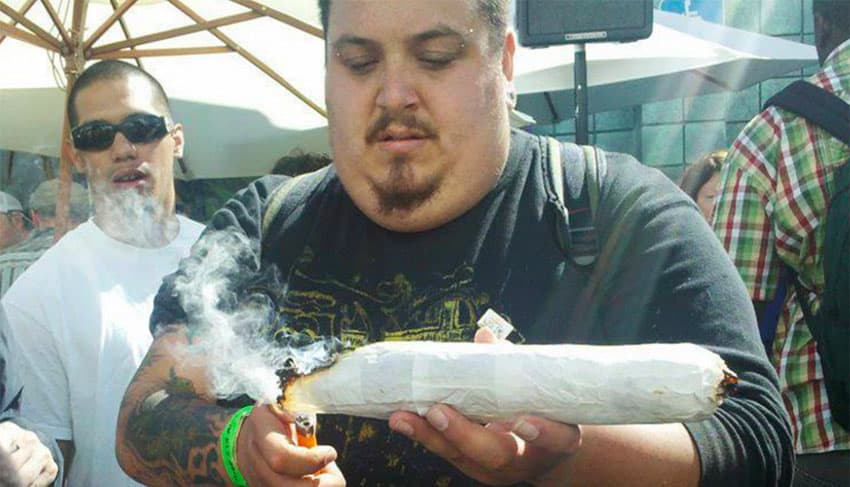The Senate has postponed debate on the legalization of marijuana, scuttling hopes that a regulatory framework could be in place by the end of the month.
The Political Coordination Board (Jucopo) of the upper house of Congress shut down debate on the legalization bill for a number of reasons.
Among them: a lack of agreement between lawmakers of the ruling Morena party, critical observations about the proposed bill by federal government departments and civil society organizations and pressure from companies that have tried to hasten the legislative process.
Issues related to the production, distribution, commercialization, possession and health risks of marijuana remain contentious and are hindering approval of the legalization bill in its current form, the newspaper El Universal reported.
The Senate health commission is working on an alternative bill that takes into account observations made by the secretariats of the Interior (Segob) and Health and the health regulatory agency Cofepris.
Segob argued that a legalization proposal presented by Interior Secretary Olga Sánchez was not considered by the justice commission in preparing the bill.
Non-government organizations including Mexico United Against Crime – a group that opposes the prohibition of drugs, La Discapacidad Nos Une (Disability Unites Us) and #RegulaciónporlaPaz (Regulation for Peace) claimed that the justice commission bill would benefit multinational companies because it stipulates that Mexican farmers must use foreign seeds to grow marijuana crops.
Regulation for Peace said the bill fails to explain the steps that police and the justice system will take to ensure that people are not harassed, extorted or prosecuted for marijuana possession, while Disability Unites Us said it could “restrict the right to free development of personality” of disabled people and their right to choose to use marijuana because it doesn’t override legislation that states they are incapable of making such a decision.
Mexico United Against Crime proposed six changes to the bill, including the elimination of the requirement to establish a registry of marijuana users and removal of the need to obtain a license to grow plants.
The Supreme Court, which published eight precedents in February on the recreational use of marijuana which determined that prohibition of the drug is unconstitutional, ordered lawmakers to legalize it by October 31.
However, with debate on legalization suspended this week, the Senate has asked the court for an extension.

Morena Senate leader and Jucopo president Ricardo Monreal said in an interview that debate will be suspended for a “moderate” amount of time.
He said representatives of pharmaceutical and marijuana companies among other lobbyists have approached lawmakers to urge them to legalize the drug promptly.
However, Monreal stressed that the Senate will “set the pace” with which the legislative process moves forward rather than having a timetable imposed on it.
“We’re going to set our own pace because we want to do things well. It’s a very important law,” he said.
Asked whether legalization of marijuana could be put off until next year, the senator responded:
“We’re going to set our own pace but anything could happen. What we want to do is cool down the [legislative] momentum a little bit . . . some people say that [legalizing marijuana] is the solution, that there will be resources, that external debt will be paid off, that jobs will be created, that the economy will get better but they’re magical solutions and I fear that won’t be the case. We’re going to take our time . . .”
In contrast to Monreal’s assertions, opposition senators said there has been no pressure from lobbyists to legalize marijuana.
Miguel Ángel Osorio Chong of the Institutional Revolutionary Party, Mauricio Kuri of the National Action Party and Miguel Ángel Mancera of the Democratic Revolution Party all rejected the claim by the Morena leader.
Osorio and Mancera both acknowledged that there is support for legalization and regulation of marijuana among members of civil society including family members of people who are ill and could benefit from medicinal use of the drug.
Coahuila Governor Manuel Riquelme urged caution, warning senators that organized crime could continue to control marijuana sales in a regulated market that could be worth as much as 50 billion pesos (US $2.6 billion) a year.
“ . . . It’s logical that, through third parties, [organized crime] will want to take control of marijuana sales . . .” he said.
Source: El Universal (sp), Milenio (sp)
